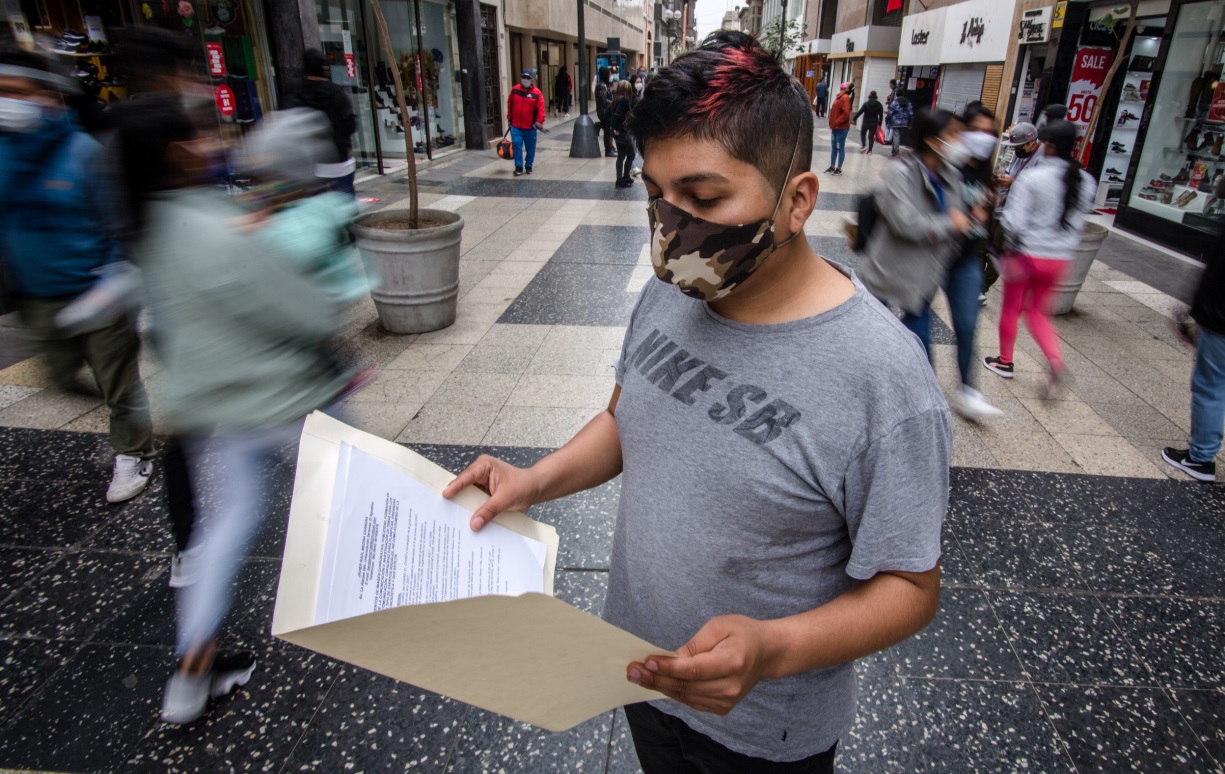
By supreme decree 014-2023-TR, the Ministry of Labor and Employment Promotion (MTPE) finally published the Regulations of Law 31760, of the Single Labor Certificate, which had been absent since the promulgation of the device last June.
Labor lawyer Jorge Toyama explains that the Single Labor Certificate (CUL) will help employers access information about applicants regarding their judicial and criminal records, in addition to their previous work experience and even the place where they studied.
“It complements what we already had with educational topics and 100% work history. It will be a single free procedure so that any citizen can access the information, and it will allow companies to save paperwork. The disability certificate can even be included,” holds.
Unfortunately, there is no specific date in the wording of the decree for the implementation of the CUL. In any case, the labor lawyer explains that today you can access a database of criminal and judicial records only with your DNI on the MTPE portal.
“This is another reason to behave well, which is why companies must be asked to trust the new system. What we were missing was a standard like this so that public entities, together, can work. This is wonderful,” Toyama relates.
“Here, the only ones who lose are the processors and those from Azángaro – the place where Bamba certificates were issued – who were left without a job,” he adds.
On the other hand, the specialist questions that the CUL only considers criminal records with a final sentence, but not those that are in process. Many times, companies seek not to hire workers involved in lawsuits, which could lead to a new black market in information.
“In practice, for many employers it is not enough, since they want to know the trials in progress. There are companies that offer this type of service, to know whether the applicants are prosecuted or not. Requesting this information generates a fine for employers, unless that the applicant accepts,” he warns.
Source: Larepublica
Alia is a professional author and journalist, working at 247 news agency. She writes on various topics from economy news to general interest pieces, providing readers with relevant and informative content. With years of experience, she brings a unique perspective and in-depth analysis to her work.











